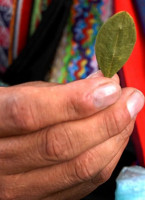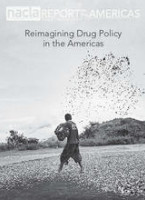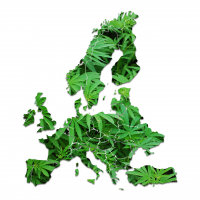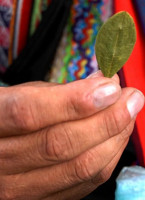Change course: Regulate the drug market to tackle organized crime
Maybe it is time for the Netherlands to start an experiment with a regulated cocaine market.
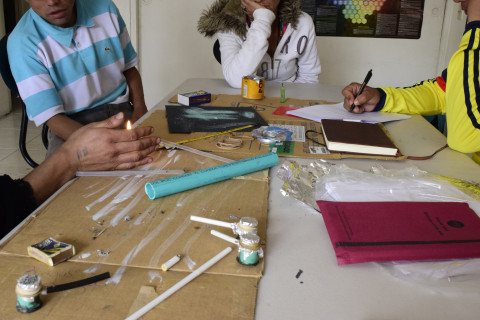
Levinson Niño (Colombia)
While Ecuador is disintegrating due to the violence related to a thriving illicit cocaine trafficking economy, Europe has been flooded not only by cocaine but also by a new class of neo-prohibitionists, or narco-realists, who have come to dominate the discussion. Their discourse goes something like this: we are quite aware that the ‘war on drugs’ can never be won, but changing global drug policy with its international treaties is impossible, and anyone who thinks it can be done is hopelessly naive, so unfortunately we have to continue with this long failed strategy.
Mopping with the tap running
“Our current approach in the fight against drugs is like mopping with the tap running,” Amsterdam Mayor Femke Halsema observed in an opinion piece in the The Guardian, in which she announced a conference to discuss the regulation of drug markets. Instead of running after the false prophets of the hard-line approach, we need to think about how to do things differently. A change of course is needed, but getting the super tanker of global drug policy to change course is not easy. It will take years, if not decades, but that does not mean we should do nothing.
Can it be done differently? Yes, because the neo-prohibitionists and those who want to legally regulate the drug market do agree on one thing: tackling organized drug crime and its corrosive impact on society. Even on the overarching strategy, there are points of agreement: address the revenue model of criminal organizations. Differences arise on the best ways to do that. Cutting off supply to the illegal market or regulating the illegal market to take the wind out of the sails of criminals. Or both?

